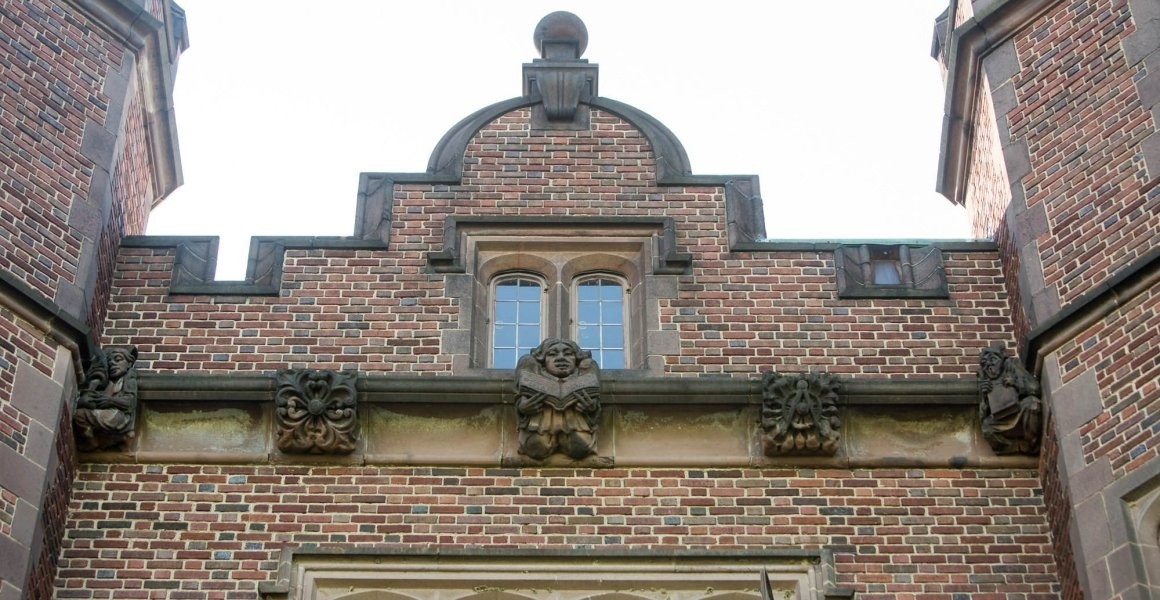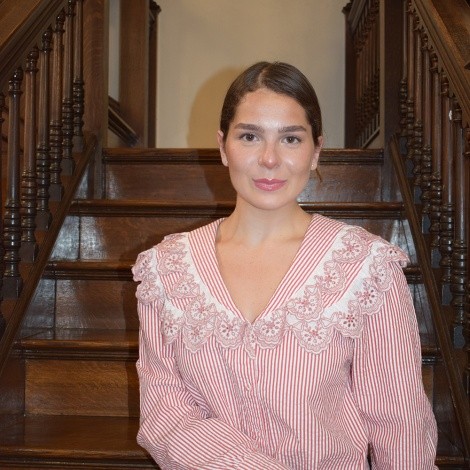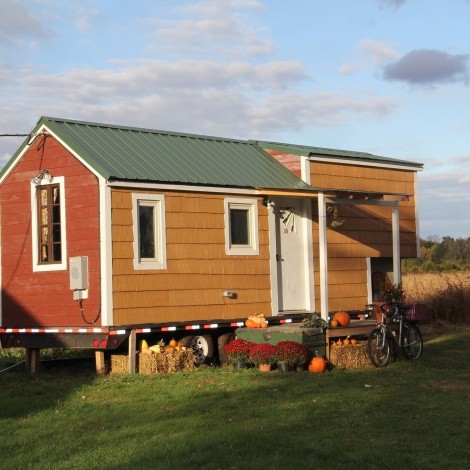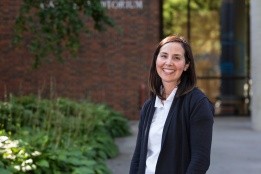ARCH-203 Scene Design for Theater and Film
The purpose of this course is to introduce the history, art, and techniques of designing sets for theater and film. Students will learn how sets have been created in the past, how a designer approaches a script, how a designer's work supports the director's vision, how it illuminates a production for the audience, and what methods and techniques are used in the execution of the process. Students will have the opportunity to exercise their visual imaginations, through the creation of designs for a script. They will engage in script analysis, research, collaborative discussion, sketching, technical drawing, model building, and related techniques and methodologies.
ARCH-205 Introduction to Architecture
ARCH-205AD Introduction to Architecture: 'Design'
This studio course introduces a series of design investigations around particular themes and approaches to architecture and the built environment. Students will develop visual communication and architectural design skills (sketches, plans, elevations, sections, projected drawings and model making) to tackle interdisciplinary and socially pertinent design problems. Creative and indexical study and analysis will be used to generate and foster a broad range of concepts and language to solve architectural and design issues involving site, inhabitation, function, form, materiality, light and space. Our goal is to apply creative techniques in art and sculpture to the creation of meaningful space.
ARCH-225 Intermediate Studies in Architectural Design
ARCH-225ED Intermediate Studies in Architecture: 'Environmental Principles'
This hybrid studio addresses human comfort with lectures and problem work sessions integrated with design projects. We start with an in-depth study of the world's climate regions, the sun, and the earth's tilt and spin. Primary methods of heat transfer are investigated as students research two architectural solutions (vernacular and contemporary) within each climate. Using daylight, the sun's movement, and sun-path diagrams students will design, draw and build a functioning solar installation. Issues in day-lighting and thermal comfort will then drive an extended design problem. Students will be asked to solve numerical problems and present design solutions using both drawings and models.
ARCH-295 Independent Study
ARCH-305 Advanced Topics in Architecture
ARCH-305UE Advanced Topics in Architecture: 'Public Space and Everyday Life in Globalizing Spanish Cities'
With a transnational and historical scope, this course will examine everyday life and public space in Spanish cities. We'll approach cities as dynamic global networks shaped by cultures, politics, economies, ideologies, memories, and imaginations. Through literary, visual, and theoretical texts, we'll explore the in/exclusivity of large-scale urban phenomena such as street design, architecture, gentrification, globalization, and mass tourism. From a lesser-known ethnographic angle, we'll also bring into dialogue the power within practices (walking, sitting, remembering, shopping, placemaking) as well as subjects and objects (street vendors, minority identities, urban furniture, buildings).
ARCH-311 Design-Build Studio
ARCH-311FD Design-Build Studio: 'Foldable Structures'
Foldable structures such as umbrellas and tents have broad applicability in design. NASA invented a folding solar panel inspired by origami and Calatrava is well known for his kinetic structures such as the Milwaukee Art Museum. This studio will examine various types of kinetic systems and use the facilities of the Mount Holyoke's Fimbel Maker and Innovation Lab to prototype, invent and fabricate foldable portable structures. Students will work independently and in teams to design and fabricate joint, rod and skin systems at a scale large enough to provide shelter for a small group of people.
ARCH-311MK Makerspace Design-Build Studio
The rise of digital fabrication processes has blurred the traditional division of labor enabling architects and designers not only to draw but to also fabricate projects, often using the very same programs. Following the rise in CAD/CAM has been a burgeoning Maker movement as more and more individuals have rediscovered the joys (and sometimes frustrations) of realizing projects within a collaborative environment. This class will introduce students to both traditional and digital making through a series of exercises that will enable students to realize projects using the facilities of the Fimbel Lab.
ARCH-311TH Design-Build Studio: 'Tea House'
The traditional Japanese Tea House, renowned for its simplicity of program and space, has often been used by (Japanese) architects as a typology with which to test ideas and experiment with materials, technology and construction techniques. This studio will first introduce the basics of Japanese tea culture and the traditional tea house with a visit to Wa-shin-an and analysis of traditional and contemporary tea houses producing both analytical drawings and models. Finally, each student, working individually or in pairs, will design and build a full-scale tea house using the full facilities of the Fimbel Maker and Innovation Lab.
ARCH-395 Independent Study
ARCH-395P Independent Study with Practicum
Students who plan to enroll in courses outside of the Five Colleges, especially in courses to be taken at another institution or abroad, should first consult with their advisor and the program coordinator to determine if the courses meet the departmental criteria for the major.
Current courses in architectural studies are offered throughout the Five Colleges. Check listings in the Five College course schedule.



